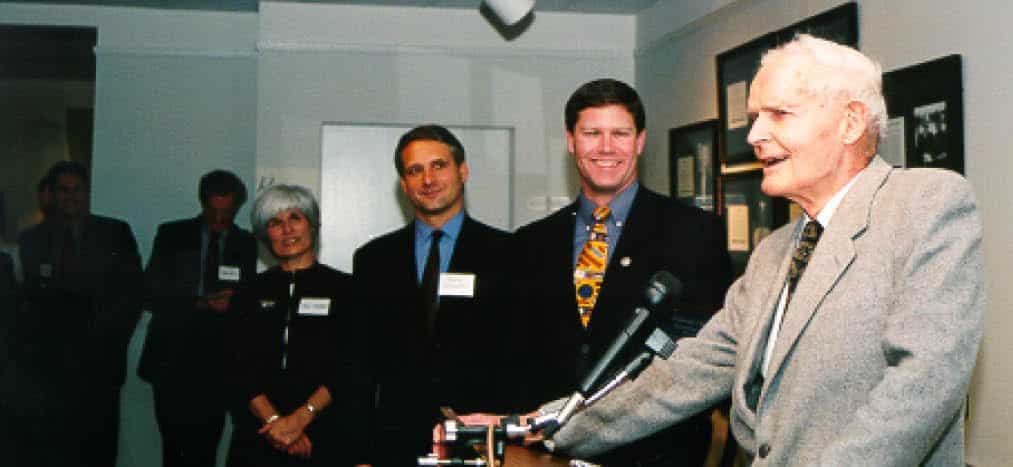Monkeys in Space (1996)
In 1996, Taxpayers sends a letter to NASA demanding an end to its $33.2 million program to launch Russian-owned monkeys into space.
Eventually, the program gets nixed.
Auburn Dam (2000)
Taxpayers helps kill the $944 million Auburn Dam for the second time.
After being revived for a third time in 2001, Taxpayers finally kills it once and for all in 2006.
We rely on individuals and foundations to support the work we do and keep the lights on.
But we also depend on interested taxpayers to raise questions with their members of Congress, give us feedback on our work (often a simple “like” or retweet will do), and broaden our network of supporters by telling their own networks of friends about our work.
If you are already a donor to Taxpayers, thank you. If not, we hope you’ll consider joining the ranks of our supporters either with a one-time gift or as a sustaining donor.
No Fly List
With a price tag of $74 billion – that’s $337 million per plane – the Air Force stops buying more F-22 Raptor fighter jets thanks to work of Taxpayers.
Unsurprisingly, the plane is built in the districts of a number of influential and supportive lawmakers.

